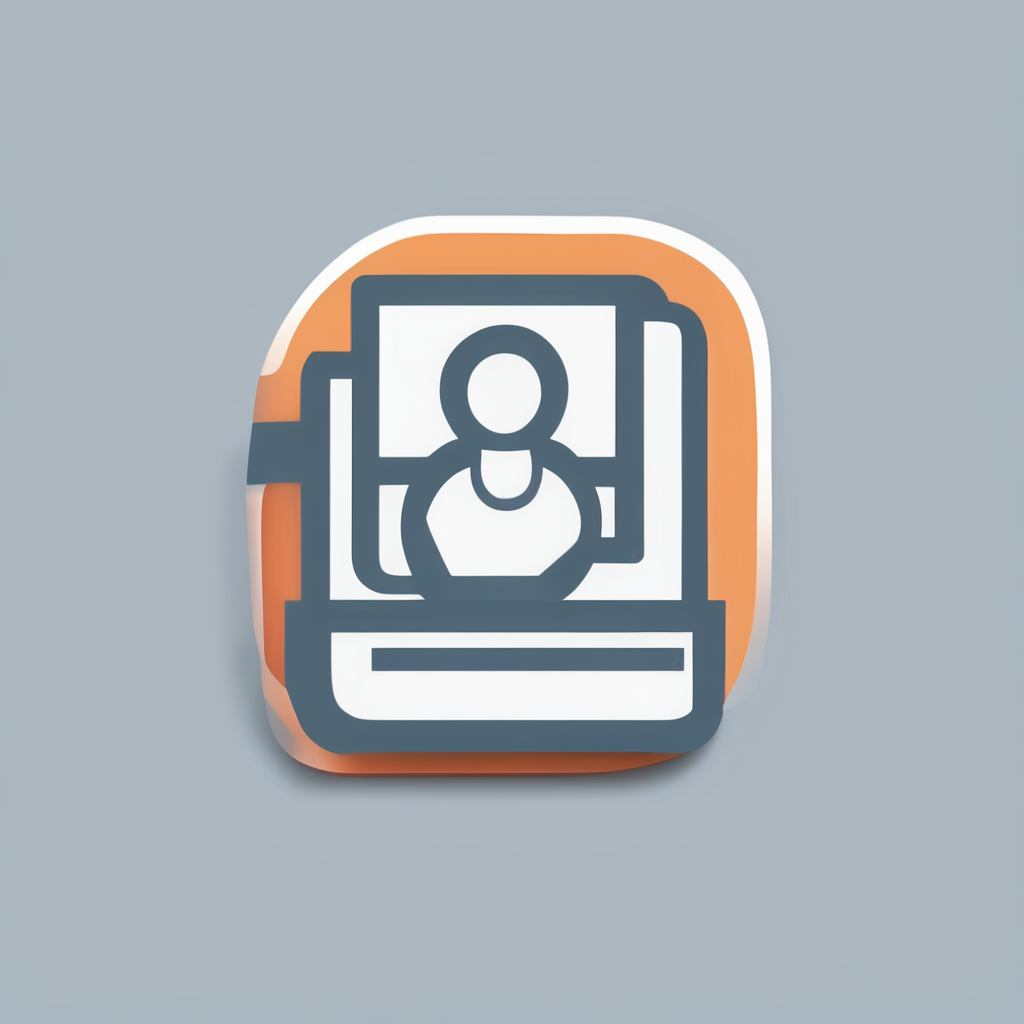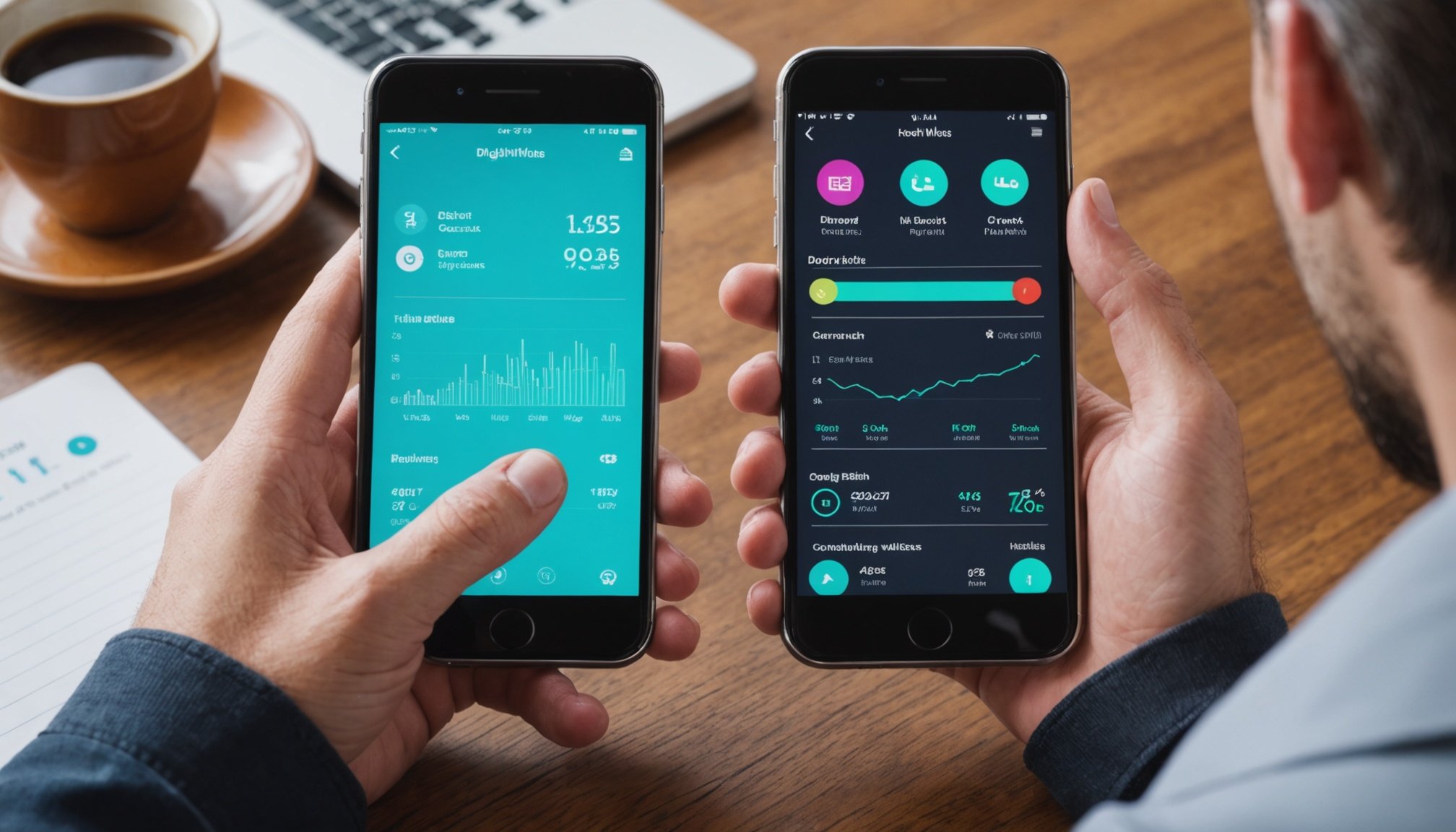In today’s fast-paced world, where technology is woven into the fabric of everyday life, digital health apps have emerged as a pivotal tool in managing personal health and wellness. These mobile applications, commonly referred to as mHealth apps, offer a plethora of services. From tracking daily steps to monitoring mental health, these apps promise to revolutionize how we approach healthcare. But, as with any technological advancement, there are both advantages and disadvantages to consider. This article delves into the pros and cons of digital health apps, providing a comprehensive overview for those navigating the digital healthcare landscape.
The Convenience of Access to Healthcare Services
Digital health apps bring a sense of convenience and accessibility that traditional healthcare systems often lack. In an era where time is a valuable commodity, these apps allow patients to access healthcare services from the comfort of their homes. No longer must one endure long waiting times at clinics or hospitals.
This might interest you : How can you effectively manage your time to prioritize health and wellness activities?
For instance, apps that offer virtual consultations have bridged the gap between patients and healthcare providers, especially in remote areas where medical facilities are sparse. This digital transformation ensures that healthcare is not just a privilege for those living in urban centers but an accessible service for all.
Moreover, these apps often provide a plethora of services under one umbrella. From booking appointments to accessing medical records, they streamline the healthcare experience. Patients can now manage their medical history with a few taps on their phone, leading to more informed decisions and better communication between patients and providers.
Also read : How can you create a balanced self-care routine that addresses both physical and mental health needs?
However, this increased accessibility also comes with its challenges. The reliance on digital devices for healthcare can sometimes replace necessary in-person consultations. Not all conditions can be diagnosed or treated effectively through a screen. Therefore, while the convenience is undeniable, it is crucial to use these apps as complementary tools rather than replacements for traditional healthcare methods.
The Empowerment of Personal Health Management
Digital health apps have profoundly empowered individuals to take charge of their own health and wellness. The capability to track health metrics such as heart rate, sleep patterns, and diet empowers users to make informed decisions about their lifestyle.
For instance, apps dedicated to mental health have become invaluable during challenging times. They offer meditation, therapy, and mood-tracking features, enabling users to manage their mental well-being proactively. The ability to log daily emotions and habits gives a clearer picture of mental health trends, helping users and professionals devise effective interventions.
Moreover, these apps often integrate with wearable technologies, providing real-time data that can help spot potential health issues before they escalate. By having a systematic overview of their health data, users can engage in preventive care, potentially reducing the need for more aggressive medical interventions in the future.
Nonetheless, the data collected can sometimes overwhelm users, leading to anxiety rather than empowerment. Additionally, there is a risk of self-diagnosis and treatment without professional guidance, which can be detrimental. While these apps provide tools for self-management, professional oversight remains crucial in ensuring accurate interpretation and application of health data.
Privacy and Security Concerns with Health Data
One of the most significant concerns surrounding digital health apps is privacy. As these apps collect sensitive personal data, such as medical history and daily health metrics, ensuring the security of this information is paramount.
Data breaches and unauthorized access have become all too common in the digital age. Users must be vigilant about the apps they choose, ensuring they comply with data protection regulations and offer robust security measures. It is essential for apps to use end-to-end encryption and have transparent data usage policies.
The issue of privacy doesn’t just stop at data breaches. There is also concern about how companies use this data. Patients often have little to no control over how their information is shared or utilized. While some companies pledge not to sell data to third parties, users must remain discerning and informed about the apps they use.
Despite these concerns, it is important to note that many developers are actively working to enhance the privacy and security features of their apps. By choosing well-reviewed and trusted applications, users can minimize risks and enjoy the benefits of digital health technology.
Adoption Challenges and the Digital Divide
While digital health apps promise to democratize healthcare, they also present challenges in adoption. Not everyone has access to the latest technology or the digital literacy required to navigate these apps. This digital divide can exacerbate existing health disparities, leaving vulnerable populations at a disadvantage.
Elderly individuals, for instance, may struggle with using smartphones or navigating complex app interfaces. Incorporating intuitive designs and offering comprehensive tutorials can make these apps more inclusive and easier to use for individuals across various age groups.
Furthermore, there is a need for these apps to be available in multiple languages and cater to different cultural contexts. Healthcare is a deeply personal and cultural experience, and apps must be adaptable to meet diverse needs.
Efforts to bridge the digital divide must involve collaboration between app developers, healthcare providers, and governmental bodies. By fostering an equitable environment, we can ensure that digital healthcare solutions are accessible to all, regardless of socioeconomic or geographic barriers.
As digital health apps continue to evolve, they undeniably offer an innovative approach to managing personal health and wellness. They empower individuals with the tools and knowledge to take an active role in their healthcare journey. However, while the advantages are significant, it is essential to remain mindful of the potential drawbacks.
The healthcare landscape is rapidly changing, and the integration of digital solutions will likely become more prevalent in the coming years. By understanding both the pros and cons of these technologies, we can harness their potential while remaining vigilant about their limitations.
Ultimately, the key lies in a balanced approach. Digital health apps should complement traditional healthcare, providing a synergistic relationship that enhances the overall well-being of individuals worldwide. As we embrace this digital transformation, let us remain committed to ensuring that healthcare remains accessible, secure, and effective for all.











